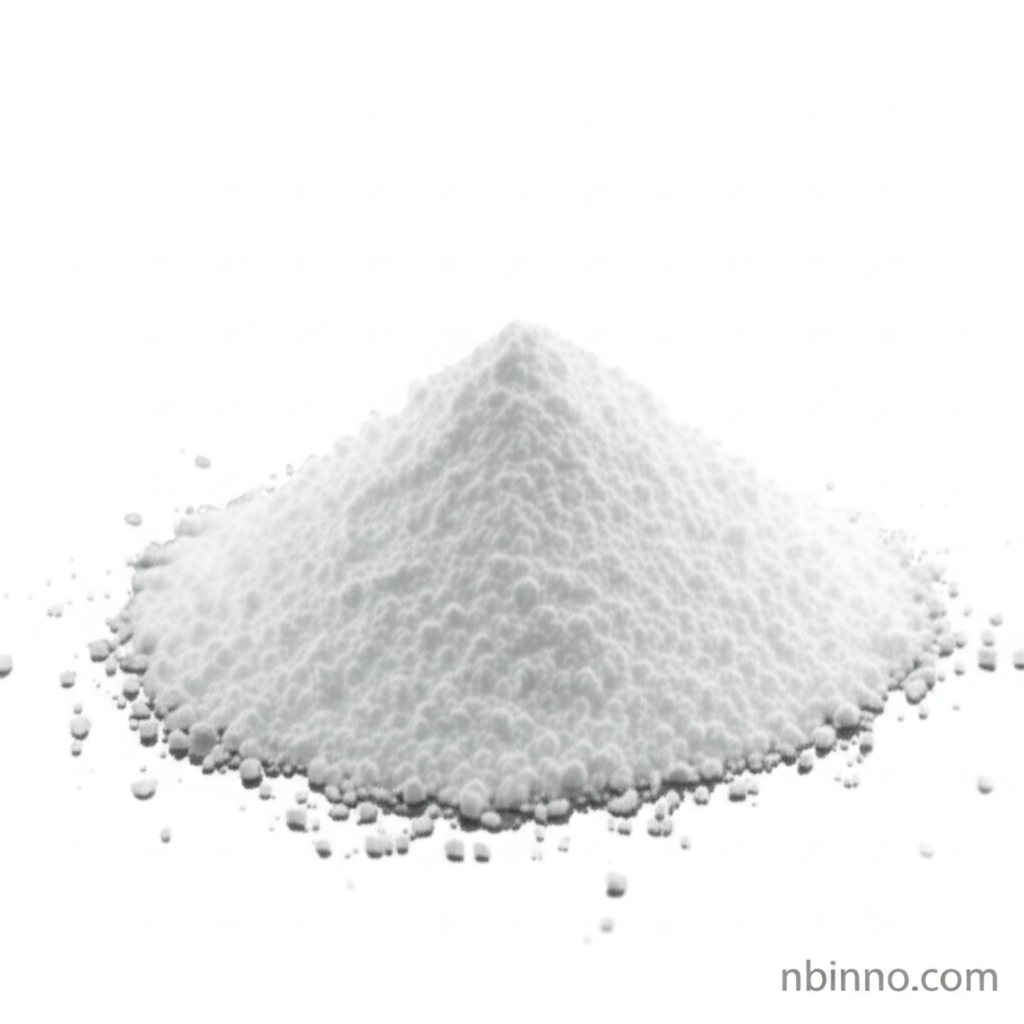High-Purity Microcrystalline Cellulose (MCC): Versatile Pharmaceutical and Food Grade Ingredient
Discover the essential roles of Microcrystalline Cellulose in pharmaceuticals, food, and beyond, from tablet binding to texture enhancement.
Get a Quote & SampleProduct Core Value

Microcrystalline Cellulose
Microcrystalline Cellulose (MCC) is a refined, partially depolymerized cellulose, prized for its exceptional purity and versatility across numerous industries. Derived from high-quality wood pulp, it presents as a white, odorless, and tasteless powder. Its inherent stability, inertness, and superior compressibility make it an indispensable component in pharmaceutical formulations, serving as a key binder, filler, and disintegrant, which significantly improves tablet integrity and drug release profiles. In the food sector, MCC functions as an effective bulking agent, stabilizer, and texturizer, enhancing product consistency and mouthfeel. Its non-reactive nature and broad compatibility ensure it does not interfere with active ingredients, making it a trusted excipient for both high-dose and low-dose medications.
- As a pharmaceutical excipient, microcrystalline cellulose is crucial for tablet manufacturing, acting as a strong binder that ensures the cohesiveness and stability of solid dosage forms, vital for consistent dosing and efficacy.
- The food industry leverages microcrystalline cellulose as a bulking agent and texturizer, contributing to improved product texture and stability, especially in low-fat or reduced-calorie items.
- MCC enhances drug bioavailability by improving the dissolution and absorption of active pharmaceutical ingredients (APIs), leading to more effective therapeutic outcomes.
- Available in various grades like PH 101 and PH 102, microcrystalline cellulose offers tailored properties for specific applications, from direct compression tableting to wet granulation.
Key Advantages
Exceptional Binding Properties
Microcrystalline cellulose provides outstanding dry-binding capabilities, essential for creating robust tablets through direct compression, a key aspect of pharmaceutical grade microcrystalline cellulose uses.
Enhanced Tabletability
Its plastic deformation under pressure maximizes interparticle bonding, leading to tablets with high hardness and low friability, a benefit for buy microcrystalline cellulose online seekers for reliable pharmaceutical ingredients.
Improved Product Stability and Texture
In food applications, MCC serves as a stabilizer and texturizer, improving the mouthfeel and consistency of products, making it a preferred choice for food grade microcrystalline cellulose benefits.
Key Applications
Pharmaceuticals
Utilized extensively as a binder, filler, and disintegrant in tablets and capsules, enhancing drug delivery and product integrity, a core aspect of microcrystalline cellulose pharmaceutical grade.
Food Industry
Functions as a bulking agent, stabilizer, and texturizer, improving texture and consistency in processed foods, a common use for those seeking food grade microcrystalline cellulose benefits.
Cosmetics & Personal Care
Acts as an absorbent, thickener, and stabilizer in skincare and cosmetic products, contributing to improved texture and product performance.
Nutraceuticals
Serves as a binder and filler in supplements, ensuring uniform dosing and stability for health-focused products, a key area for microcrystalline cellulose binder uses.
